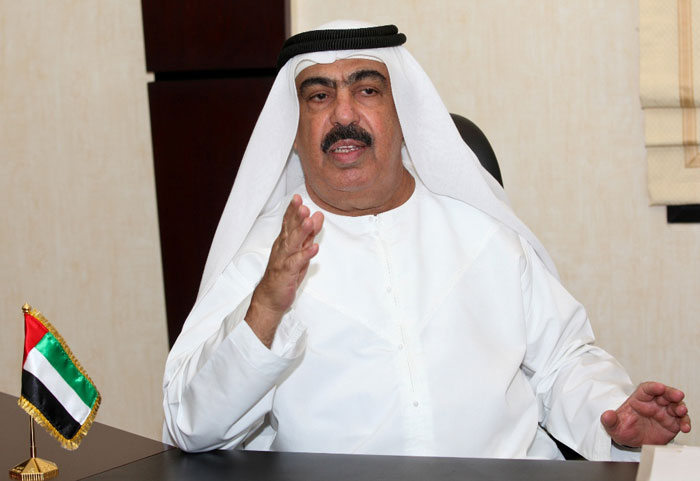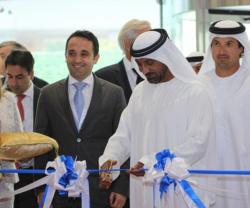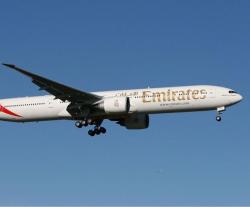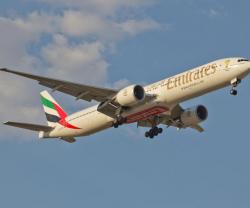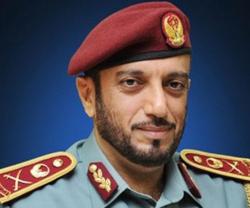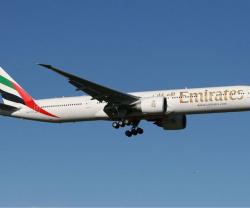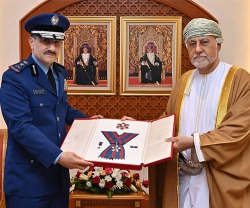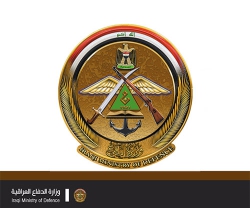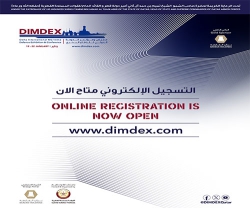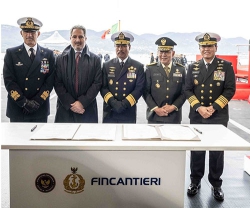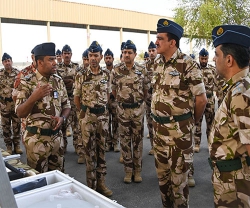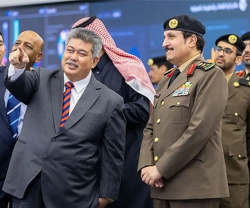As the Middle East outpaces global growth in air traffic, airports in the region are investing millions of dollars toward airport technology and system upgrades to ensure seamless passenger experience along with security.
According to International Air Transport Association (IATA), the Middle East will grow strongly and see an additional 237 million passengers a year by 2034 and the global trade association estimates the total market size will be 383 million passengers.
The United Arab Emirates (UAE) leads aviation growth in the region, it said.
To effectively handle the rapid growth, airports are increasingly focusing on investing in smart technology to effectively handle large passenger volumes, while ensuring security at the same time.
Mohammed Ahli (photo), Director General, Dubai Civil Aviation Authority (DCAA), said: “As the aviation industry continues to grow and become more complex, it is important that we reinforce an effective, transparent and honest safety culture.”
Dubai International, a leading airport handling large international passenger volumes, is fast moving toward becoming the world’s busiest airport and as per the ACI’s preliminary passenger traffic results for the most-travelled airports in 2015, it has been ranked third globally with 78 million passengers handled last year, up from sixth in 2014.
Major General Obaid Muhair Bin Suroor, Deputy Director General, General Directorate of Residency and Foreigners Affairs (GDRFA) in Dubai, said: “At the Dubai Airports, we are using the latest smart technology which is recognized as the most efficient and advanced from security point of view.
“The number of international passengers is rapidly increasing and is estimated to cross seven billion by 2030 and according to IATA this presents its own set of challenges. We must ensure that we are able to handle the numbers without compromising on security. And this is what we adopt at Dubai International Airport to keep pace with the growth of passenger numbers, where we expect to have 85 million passengers by the end of this year,” he added.
“The traditional methods that were adopted in the past for passport control points in different airports are no longer efficient since millions of people travel through airports around the clock. And based on this vision we initiated applying a smart travel policy at Dubai International Airport by adding 125 e-gates and smart gates within the framework of our transformation towards smart solutions,” noted Major General Suroor.
“We have adopted the latest technology to enhance security standards of dealing with arrivals and departures through passport borders in Dubai Airport to ensure the safety of our borders and the UAE’s earnings on this level,” he concluded.
Globally, the aviation industry, in addition to working with governments, is actively investing toward airport security.
According to a report by Frost & Sullivan, it is estimated that the global annual spend on airport security would surge to $12.67 billion in 2023, up from $8.22 billion in 2014.
Airports are striving to offer passengers the highest quality of services and turn the time they spend at airports into a pleasant and rewarding experience.
Therefore, there is an imperative need to find solutions that will upscale processes and provide maximum safety and security without disrupting the passengers’ experience.
The 16th edition of the Airport Show, to be held in Dubai from May 9 to 11, will bring in leading companies to showcase the latest safety and security solutions and products.

